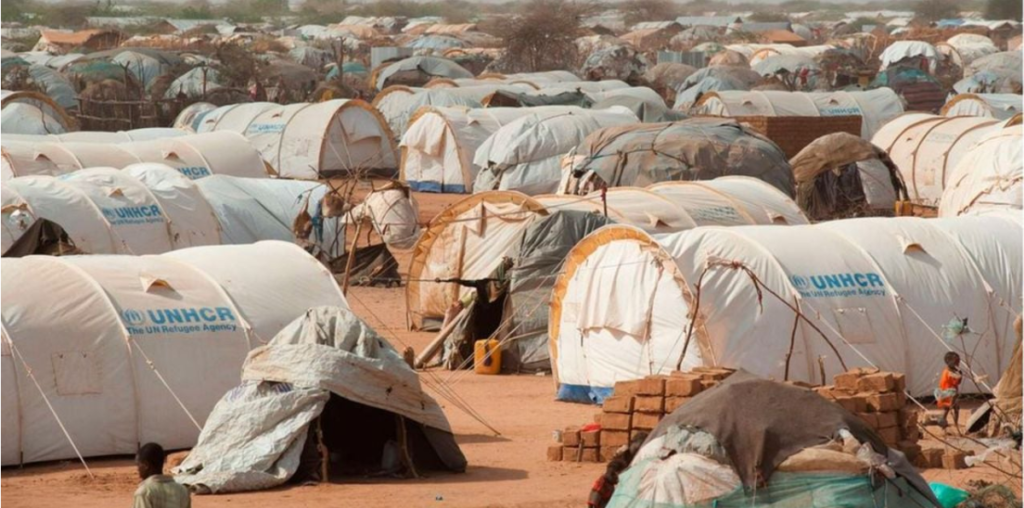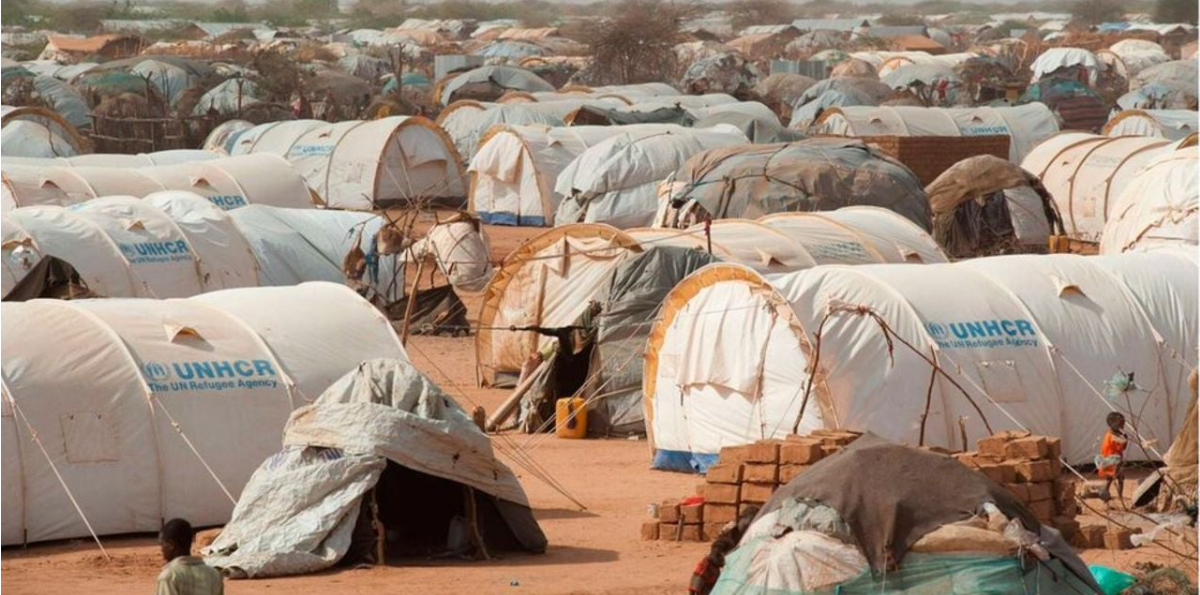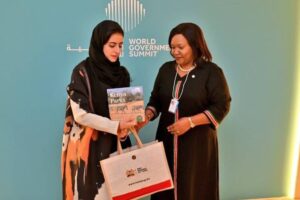Kenya’s plan to transform the Dadaab and Kakuma refugee camps into integrated settlements is a significant step towards providing a sustainable solution to the refugee crisis while prioritizing national security.
Registered refugees will have access to government services and permits to engage in gainful enterprise, promoting self-reliance and development. The move is part of Kenya’s commitment to creating safe and dignified living conditions for refugees while ensuring the safety and security of both refugees and host communities.

The Kenyan government’s plan to transform the Dadaab and Kakuma refugee camps into integrated settlements reflects its commitment to providing safe and dignified living conditions for refugees. The move is part of a larger effort to close the two camps due to security concerns, while ensuring that refugees’ basic needs are met.
To ensure a smooth transition, an intergovernmental steering committee has been established to oversee the process and align it with the country’s national security priorities.
This includes prioritizing heightened border security and screening to prevent any influx of refugees that could pose a potential security threat.
The settlement plan needs to be executed carefully to avoid attracting criminals who might seek to take advantage of the situation and enter the country illegally.
The government is taking steps to ensure that the design and implementation of the plan does not create a pull factor for asylum seekers and refugees in the region.
Registered refugees will have access to civil registration, identification, and permits to engage in gainful enterprise, which will allow them to contribute to the economic development of their host communities.
This shift from aid dependency to self-reliance and development is significant and will change the funding model for refugees.
County governments hosting refugees will transform the areas where refugees are concentrated into municipalities, making them eligible for support from development partners such as the World Bank and the UN-Habitat.
However, those who engage in criminal activities, including war crimes and crimes against humanity, will have their privileges withdrawn.
This is a necessary measure to ensure the safety and security of both refugees and the host communities.
In conclusion, the Kenyan government’s plan to transform the Dadaab and Kakuma refugee camps into integrated settlements is a step towards providing a more sustainable solution to the refugee crisis while prioritizing national security and the well-being of all residents.




















